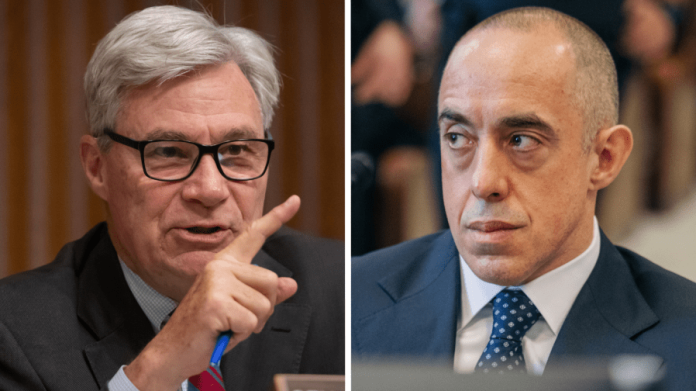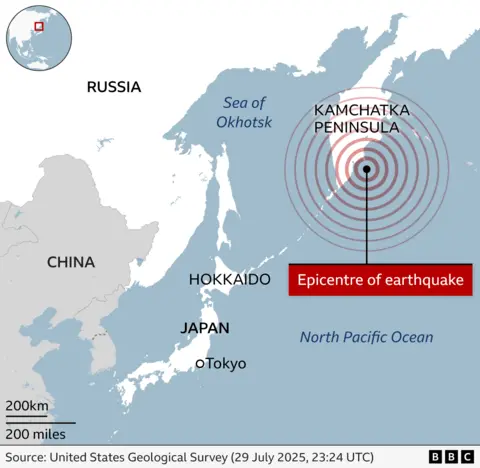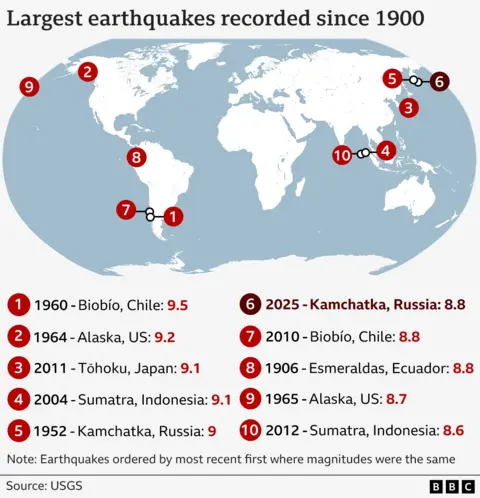
Members of President Trump’s MAGA base are speaking out about the unfolding humanitarian crisis in Gaza, adding to pressure on the administration to intervene and underscoring a looming divide among Trump supporters over how to approach the situation.
Rep. Marjorie Taylor Greene (R-Ga.), Rep. Lance Gooden (R-Texas) and podcast host Theo Von are among those who have expressed alarm in recent days about the situation in Gaza, where Trump acknowledged this week “real starvation” was happening on the ground.
The increasing unease among some of Trump’s staunchest supporters puts a spotlight on the administration’s close ties with Israel and raises additional questions about what exactly Trump will do to get aid into Gaza.
“A way has to be found to get aid to Gaza and to discredit efforts by Hamas to blame the humanitarian situation on the U.S. and Israel,” one source close to the White House told The Hill. “Trump is committed to ending this conflict, but I don’t know what his next steps will be.”
Trump said Monday he did “not particularly” agree with Israeli Prime Minister Benjamin Netanyahu’s claim that there was no starvation happening in Gaza, which has been devastated by Israel’s war against Hamas. The president also said the U.S. would take a more active role in getting food into the region.
“I think everybody unless they’re cold-hearted or worse than that, nuts, there’s nothing you can say other than it’s terrible,” Trump said Tuesday of the images of children going hungry.
But Trump also indicated Tuesday that Israel would take a leading role in helping to get more food into Gaza. Critics have argued Israel, which in March imposed an embargo on aid going into Gaza, is partly responsible for the deteriorating conditions in Gaza.
“They don’t want Hamas stealing the money and stealing the food. I think Israel wants to do it. And they’ll be good at doing it,” Trump said, adding that he spoke to Netanyahu “two days ago.”
The Integrated Food Security Phase Classification, a United Nations-affiliated group, said in a report Tuesday that the “worst-case scenario of famine is currently playing out in the Gaza Strip.”
Trump’s own messaging around Gaza — that there is a genuine humanitarian crisis on the ground but that Israel deserves deference to operate — is reflective of the differing views among his own supporters.
Podcast host Joe Rogan, who has a massive audience and hosted Trump on his show during the 2024 campaign, has been outspoken about the situation in Gaza. Von, another prominent podcast host who has sat down with Trump and Vice President Vance, urged leaders this week to do more to get aid into Gaza.
“Standing with Israel means eliminating every barbaric Hamas terrorist. It also means rejecting the killing and starvation of children in Gaza,” Gooden, a Trump ally, posted on the social platform X. “We must allow aid to enter Gaza. Ending this hunger crisis will not only spare the lives of children but will strip Hamas of its ability to use innocent children as pawns in their depraved acts of barbarism.”
Greene, one of Trump’s most high-profile supporters in the House, took to social media this week to condemn the conditions in Gaza.
“It’s the most truthful and easiest thing to say that Oct 7th in Israel was horrific and all hostages must be returned, but so is the genocide, humanitarian crisis, and starvation happening in Gaza,” Greene posted on X, becoming the first GOP lawmaker to publicly refer to the situation in Gaza as a “genocide.”
Greene also tangled online with fellow House Rep. Randy Fine (R-Fla.), who dismissed suggestions that people are starving in Gaza.
“There is no starvation. Everything about the ‘Palestinian’ cause is a lie,” Fine, one of three Jewish Republicans in the House, wrote in a post Sunday. Last week, Fine posted: “Release the hostages. Until then, starve away.”
Greene in a post criticizing Fine said his “calling for the continued starvation of innocent people and children is disgraceful. His awful statement will actually cause more antisemitism.”
It’s still unclear, however, if the growing criticism within MAGA of the hunger crisis in Gaza is a sign of a mounting break among Trump’s base when it comes to Israel and the Middle East.
A Gallup poll published Tuesday found U.S. support for Israel’s military action in Gaza had dropped to 32 percent, down 10 percentage points since September. But Republican support for Israel’s actions in Gaza had actually ticked up from 66 percent in September to 71 percent in the latest poll.
Support for Israel has long been a cornerstone of Republican foreign policy, and many in the party have argued Israel has a right to destroy Hamas after the terrorist group carried out deadly attacks on Oct. 7, 2023. Those attacks killed approximately 1,200 people, while Gazan authorities, which report to Hamas, have estimated casualties in Gaza as amounting to 60,000 people, a figure that includes militants and civilians.
Trump has referred to himself as the most pro-Israel president in history, and there are Trump loyalists, such as Fine, who have been adamantly opposed to doing more to address the situation.
Then there is Laura Loomer, who has previously described herself as a “proud Islamophobe” but has had audiences in recent months with both Trump and Vance. Loomer has criticized the mechanism used to send aid to Gaza and dismissed reports of starvation as “fake.”
“Members of the US Congress should not be pushing Palestinian Propaganda,” Loomer posted on X.














